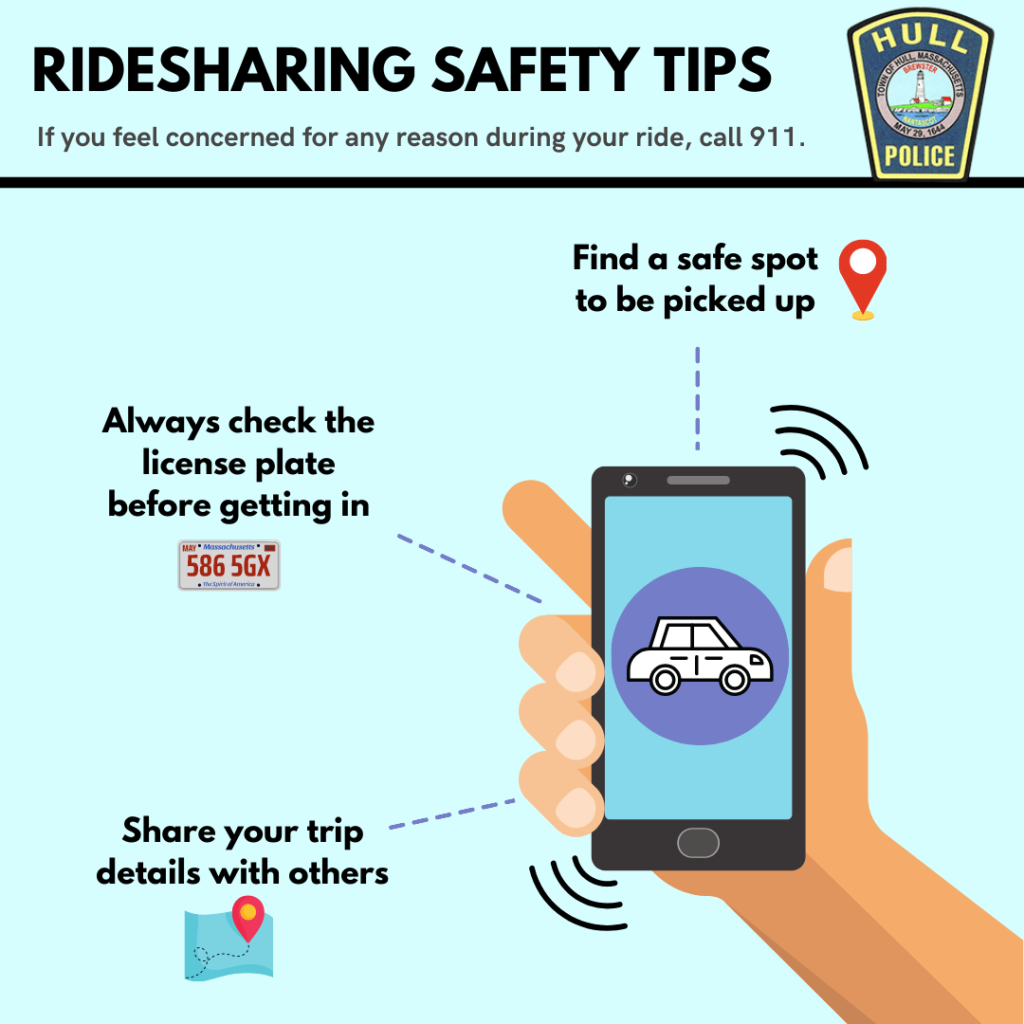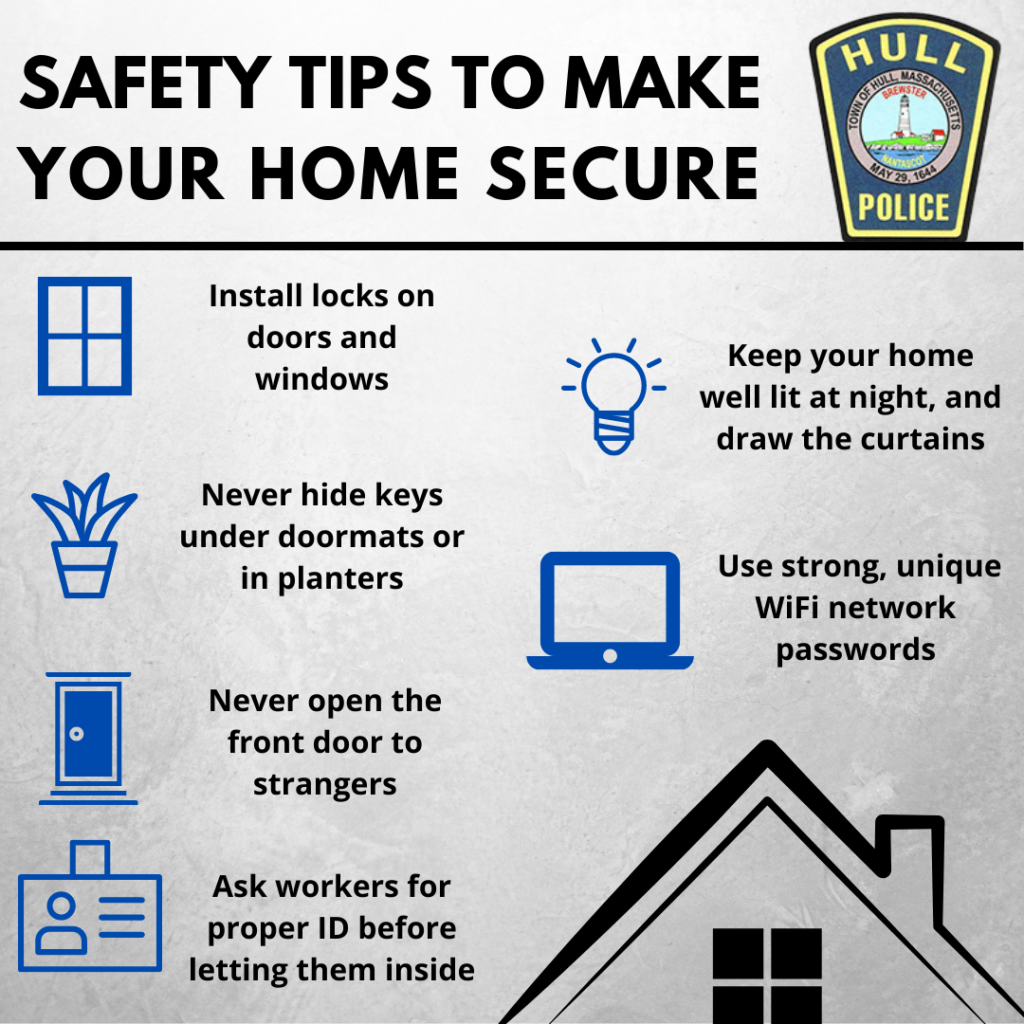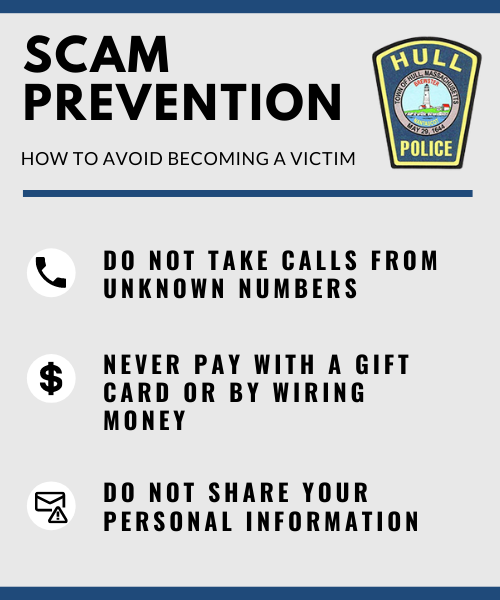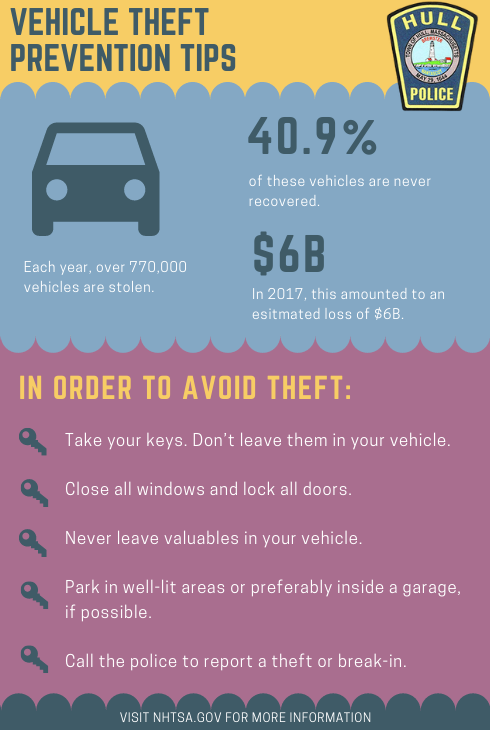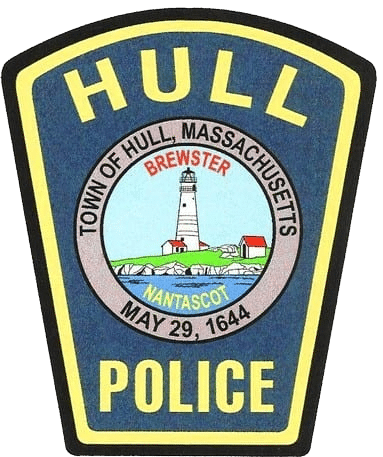Chief John Dunn and the Hull Police Department would like to advise residents to always use caution when using ride-sharing apps as a means of transportation.
“We urge our residents to remain vigilant and aware of their surroundings at all times when using ride-sharing apps,” Chief Dunn said. “If you feel unsafe or endangered at anytime during your ride, we advise you to cancel the ride as soon as possible and find a safe place to wait until you can be picked up and safely transported to wherever you need to go.”
October is National Crime Prevention Month. The National Highway Traffic Safety Administration lists ride-sharing services as a viable means of travel or to get home, especially if under the influence of alcohol, but urges all users to review the following measures to ensure the trip is as safe as possible:
- Confirm your ride by checking the license plate: Before getting into a ride-sharing vehicle, make sure the car and license plate match what you booked through the app. Many of these cars can look alike.
- Confirm your driver: You should also look at the driver and ask them their name to confirm it matches the name and photo in the app.
- Find a safe spot to be picked up: Pickup locations for ride-sharing services aren’t usually centralized. You should pick a location where you can wait inside until the driver arrives. If that’s not possible, choose an area to wait that’s away from the roadway, well lit, and where your driver can safely stop. Request that your driver drop you off in a safe spot as well.
- Always sit in the back: Sitting in the back seat will allow you to more easily exit the vehicle from either side in the event of an emergency or if you feel the need to suddenly leave the vehicle for whatever reason. It also puts more space between you and the driver.
- Share your trip details: Most ride-sharing apps will allow you to share your trip details with others, including the information of your driver/vehicle and the specifics of the route. You can also set the app to alert others of your arrival at your destination.
- Never give out personal information: In addition to using privacy settings in the app itself, it is recommended that you never give out personal information to your driver.
- Use your best judgement: You always have the ability to end a ride at any time. Use your judgement if you feel in danger or unsafe for any reason. Always call 911 if you feel you are in an emergency situation.
In addition to the safety measures listed above, the Hull Police Department reminds all residents to still follow proper health and safety guidelines when using ride-sharing services to limit the spread of COVID-19. This includes wearing a proper face covering, remaining socially distant as much as possible, asking to ride with the windows down, limiting contact with high-touch surfaces such as door handles, and washing your hands as soon as you can after completing your ride.
###
